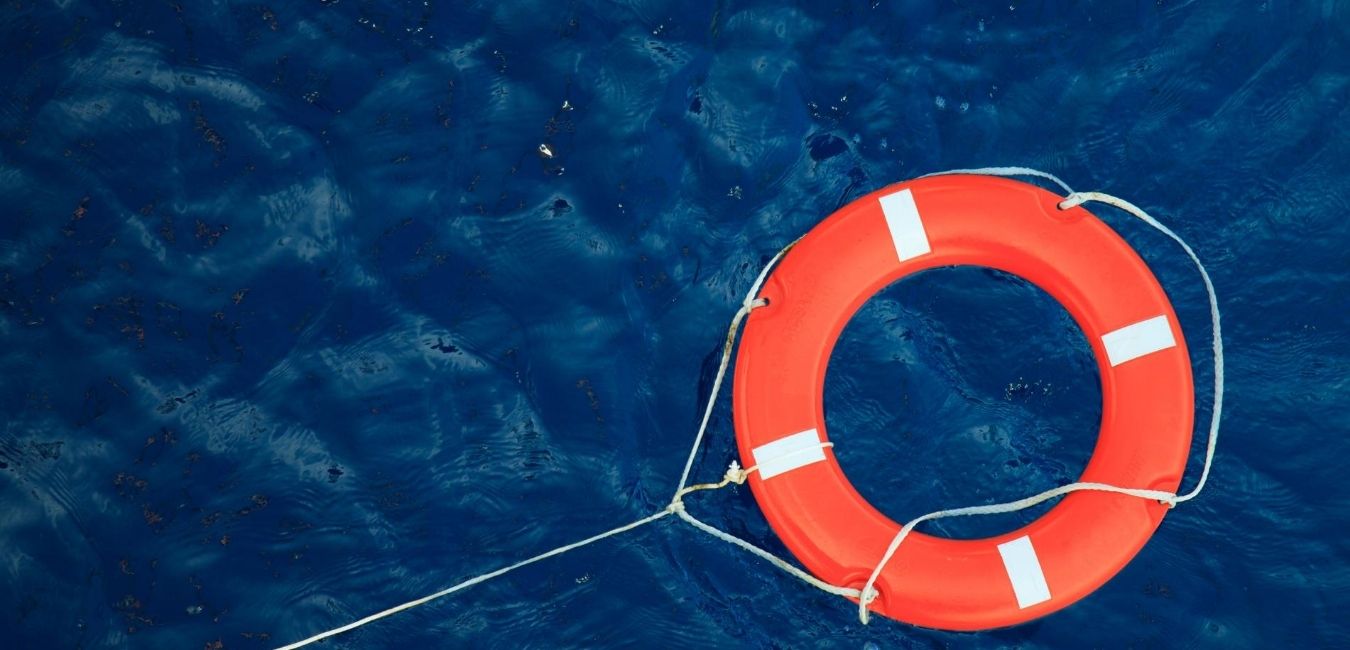
Safety and Security Abroad
Clayton State University’s Study Abroad Office and the Office of International Programs prioritize the safety, health, and security of all study abroad participants, (I.e. students and faculty). Our team monitors multiple forums such as the Department of State’s travel website and the Center for Disease Control (CDC) to evaluate our programs safety abroad.
While studying in a foreign country is no more dangerous than studying in the United States, international travel does present some unique challenges regarding student safety. Both parents and students may tend to focus their concerns on the cataclysmic – security threats, violent crime, and natural disasters. But the truth is that, just as in the United States, a student’s safety abroad depends to a large degree on the student exercising mature and responsible behaviors and making informed decisions, including:
- Traveling with companions rather than alone, especially late at night;
- Using caution in interactions with strangers;
- Staying away from dangerous areas or activities;
- Not drinking to excess, and avoiding the use of illegal drugs;
- Following the laws, knowing and respecting the customs of the host country;
- Realize that the legal system in many countries is not like that of the U.S; and
- Listen carefully to the advice of your Program Director and read orientation materials carefully.
While visiting another country, your health may be affected in some way. To prepare for this, we recommend that students bring any prescription or over-the-counter medications that you normally use (and some you usually do not use, such as traveler's diarrhea medicine), and any other incidentals such as an extra pair of glasses or contact lenses. In addition, we also recommend that you bring a copy for prescriptions medications that you may be bringing with you. If you will be abroad for a long period of time, you may need to have a prescription filled, be sure to have the generic/scientific name of the drug written for the prescription. The web page of the Centers for Disease Control and Prevention (CDC) can give you a general idea of the vaccination recommendations and general health precautions for the countries to which you may be traveling.
The Study Abroad Office purchases medical travel insurance for all study abroad participants traveling on a Clayton State study abroad program, however, we recommend that students review the plan and see if you would like to purchase supplemental travel insurance (which is not included in most policies) or travel interruption insurance. Please see our Insurance page to learn more about the insurance provided to students on study abroad programs.
The Clayton State Study Abroad Office and our Program Directors (faculty leading the programs abroad) actively prepare students to go abroad by requiring that students attend mandatory pre-departure orientations. There are two pre-departure orientations that students must attend. One with the Study Abroad Office and the second with their Program Director. Each of these sessions are geared to equip and instruct students on the many processes of study abroad such as before, during, and after their program. In addition to these required orientations, students are provided access to online and printed resource materials to assist with their preparations abroad. Each pre-departure orientation offers students an in depth look to the many facets involved with going abroad.
While abroad there are some recommended steps that we advise students review.
- Buy a tour guide book for the countries you will be visiting and read up on their recommendations. These books will have many updates that are provided on a yearly, if not regular basis.
- In many countries, street crime such as pick pocketing is much more common than in the U.S., and tourists are targeted.
- Do your best not to dress stand out too much as a tourist and, whenever possible, avoid locations where many tourists gather as this can target pick pockets.
- Use a money belt or neck pouch under your shirt or clothing to carry your money and passport and be aware of your surroundings.
- Take a photocopy of your passport and put the copy in a safe place apart from your passport.
- Do not carry a wallet in your back pocket and never in a backpack.
- Never pull out large sums of money in public.
- In crowds be aware of your surroundings and do not let yourself get surrounded by questionable people, even if they are children.
- For more information on safety abroad and general travel advice, see the U.S. State Department's web page for Students Abroad.
